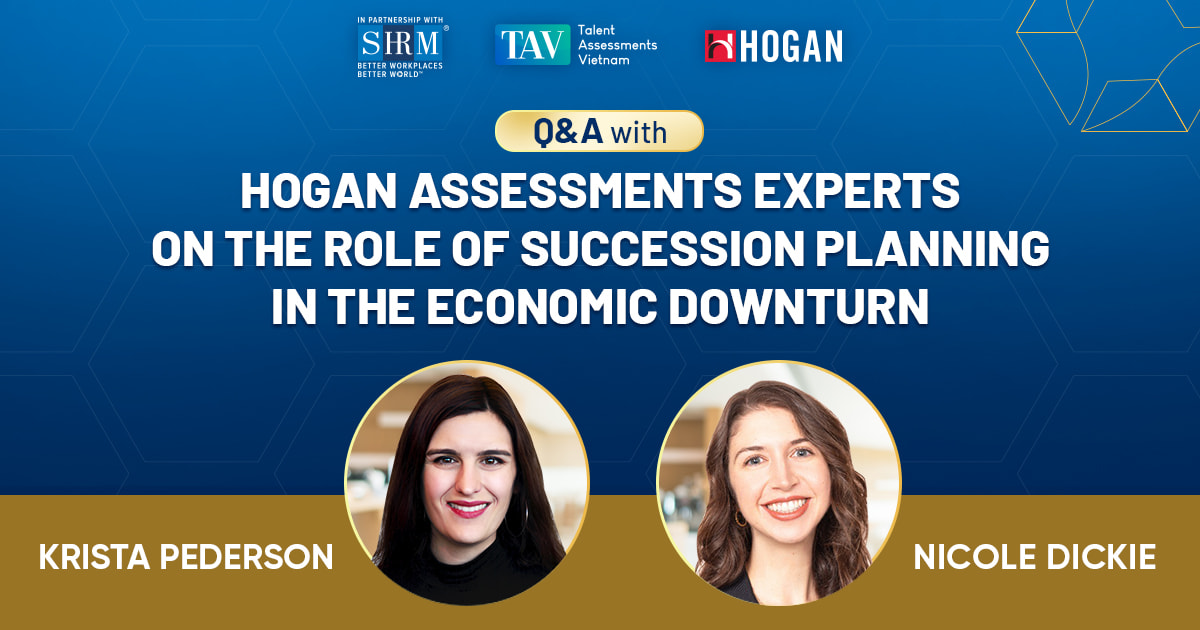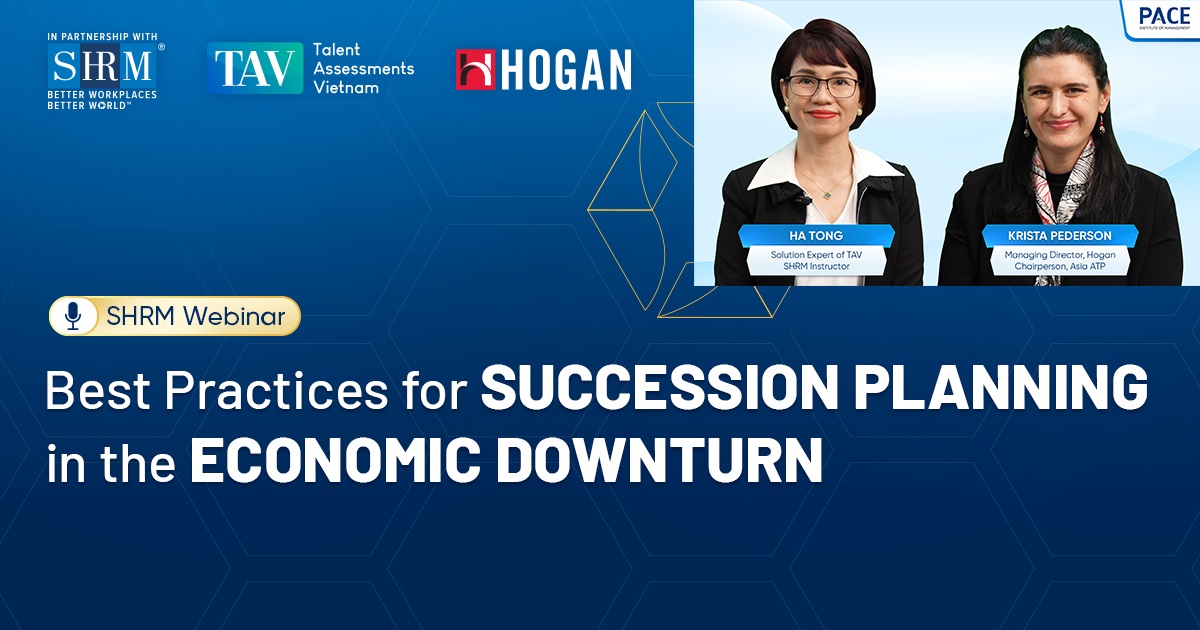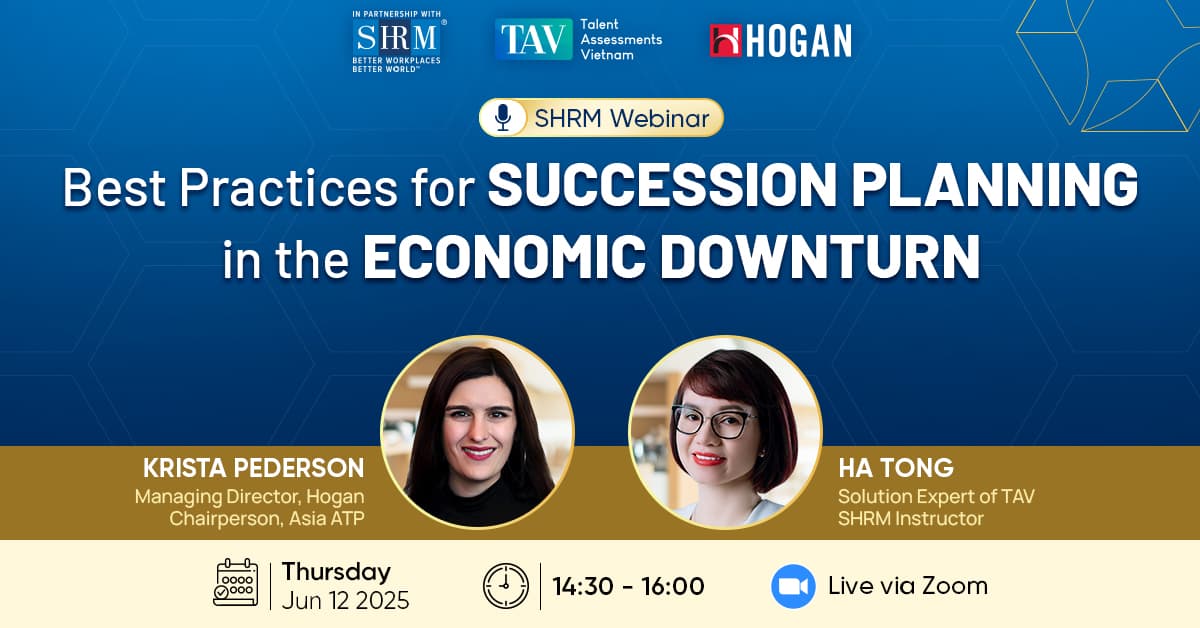LEADING WITH PRESENCE
Some people seem to have a magnetic quality that attracts others. These charismatic individuals command attention and guide with grace and ease.
While most people believe presence is the birthright of a fortunate few, leadership coach Kristi Hedges disagrees. Through her coaching practice, The Hedges Co., she teaches others how to cultivate a personal presence in an authentic way.
What is "presence"? How is it different from charisma or flamboyance?
Presence is the ability to connect with and inspire others. When we think of people who inspire us, sometimes they are the kind of people who own the room—"big" personalities—but sometimes they are the quiet voices we need to hear. There isn't just one way to have presence. I want to debunk the myth that we are either born with presence or not. We don't think about any other skill that way. We can learn, adopt new behaviors and gather confidence. Your presence grows with you.
What behaviors can people learn to grow their presence?
I developed a model called "I-Presence," which has three elements: Intentional, Individual and Inspirational.
The first one, Intentional, is about becoming very intentional in how you want to appear. Know what your values are and ensure that your actions are in alignment with those values. Eighty percent of presence is right there. For example, one CEO used to sit in his car quietly before he started his day. He knew the moment he stepped in the door, people would be watching him. He wanted to make a decision about how he walked in the door and not let it be accidental.
The second is Individual. You need to connect with others, convey empathy and gain trust with different audiences. One of the ways to connect is to combine credibility with vulnerability. People are more likeable when they reveal a weakness. But it's a balance. If you come across as too vulnerable, you appear too personal. If you lean too hard on experience and preparation, you can come across as too detached.
The third is Inspirational. How can I inspire people in what I need to convey? Think about how you can be an inspirational force, which is a reversal of how we generally think. For instance, in a meeting, usually we start with what we want to say. Instead, we need to focus on how we want people to feel. People process information in emotional terms. If you want an emotion in a room, you need to bring it to the room. Before I enter a room or begin a conversation, I take a couple of minutes to determine how I want people to feel and how I want to create that feeling.
While most people believe presence is the birthright of a fortunate few, leadership coach Kristi Hedges disagrees. Through her coaching practice, The Hedges Co., she teaches others how to cultivate a personal presence in an authentic way.
What is "presence"? How is it different from charisma or flamboyance?
Presence is the ability to connect with and inspire others. When we think of people who inspire us, sometimes they are the kind of people who own the room—"big" personalities—but sometimes they are the quiet voices we need to hear. There isn't just one way to have presence. I want to debunk the myth that we are either born with presence or not. We don't think about any other skill that way. We can learn, adopt new behaviors and gather confidence. Your presence grows with you.
What behaviors can people learn to grow their presence?
I developed a model called "I-Presence," which has three elements: Intentional, Individual and Inspirational.
The first one, Intentional, is about becoming very intentional in how you want to appear. Know what your values are and ensure that your actions are in alignment with those values. Eighty percent of presence is right there. For example, one CEO used to sit in his car quietly before he started his day. He knew the moment he stepped in the door, people would be watching him. He wanted to make a decision about how he walked in the door and not let it be accidental.
The second is Individual. You need to connect with others, convey empathy and gain trust with different audiences. One of the ways to connect is to combine credibility with vulnerability. People are more likeable when they reveal a weakness. But it's a balance. If you come across as too vulnerable, you appear too personal. If you lean too hard on experience and preparation, you can come across as too detached.
The third is Inspirational. How can I inspire people in what I need to convey? Think about how you can be an inspirational force, which is a reversal of how we generally think. For instance, in a meeting, usually we start with what we want to say. Instead, we need to focus on how we want people to feel. People process information in emotional terms. If you want an emotion in a room, you need to bring it to the room. Before I enter a room or begin a conversation, I take a couple of minutes to determine how I want people to feel and how I want to create that feeling.

Why is it important for HR professionals to have presence?
HR professionals are involved in the thorniest conversations with a variety of different groups. HR often has to deliver the toughest messages with precision. How HR conveys those messages and the presence behind them shapes the perception of the message and HR.
How can HR professionals use communication skills to improve their presence?
Language is generative. We not only describe something, we create a new reality for people by the language we choose. If we want to convey a message, we are declarative in our speech. If we want to convey an emotion, we need to be comfortable using "emotion words" [and] make sure we inject our language with the emotion we are trying to convey.
The other piece of good communication is storytelling. We retain and have an emotional connection to stories. Our brain releases pleasurable chemicals when we hear stories. Embed your messages with short stories and anecdotes which transport people into that experience. If you have a message to communicate, match up a story with it. It doesn't have to be three minutes long. It could be a 30-second story.
How can HR professionals strengthen their presence?
It's an irony that everyone else knows about your presence except you. We're the only ones who tend to be in the dark about our presence. I advise everyone to do a "presence audit." Think of five people who see you in action and ask them:
• "What is the general impression of me?"
• "What do people say about me?"
• "What could I do differently that would most impact my success?"
• These are easy ways for people to comment on your presence.
Source SHRM.org








